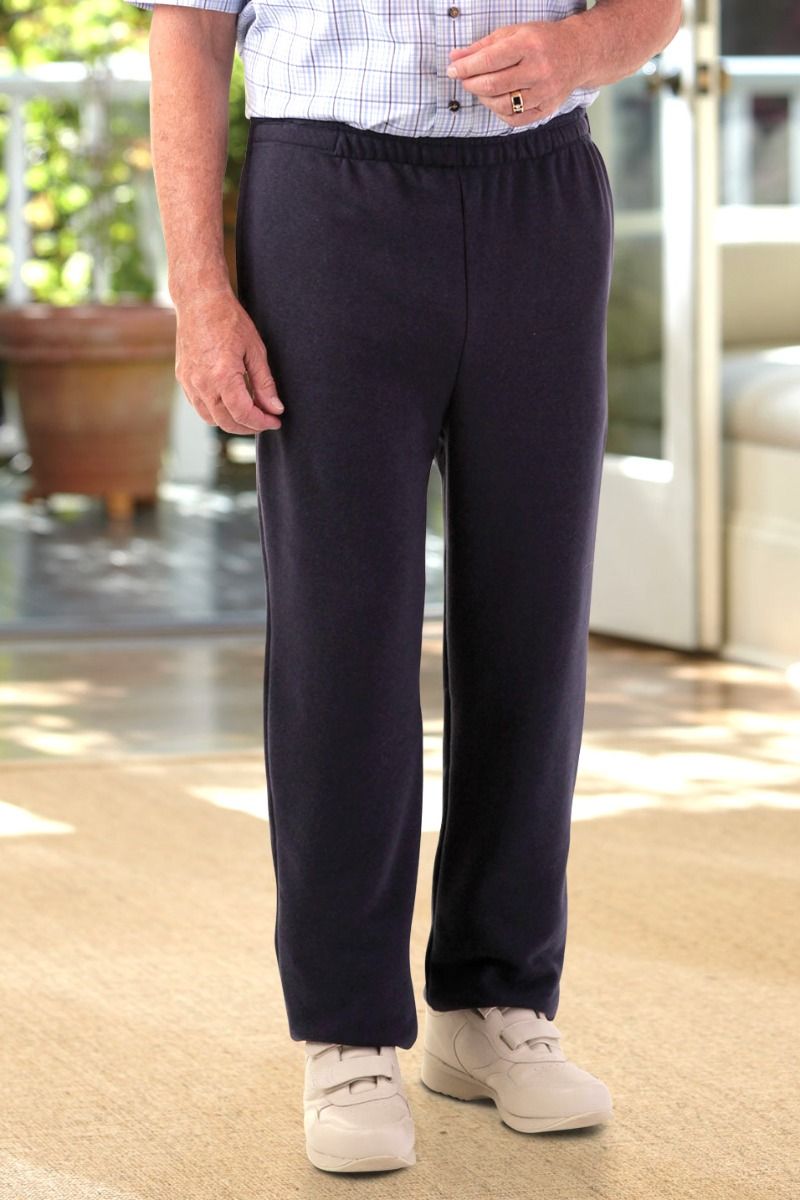Many babies lose their lanugo in utero (around 32 to 36 weeks), where it’s shed into the amniotic fluid. After he was born, these levels started to drop.
Do Babies Lose Their Hair, Why do babies lose their hair? As mentioned, most babies will lose their lanugo (those fine whispers of body hair) before birth.

This kind of hair loss is called telogen effluvium. But whether an infant is born with a layer of fuzz or a thick mop, all lose at least some hair. After he was born, these levels started to drop. In fact, hair loss simply means an infant is.
Your baby’s hair loss might look patchy, in which case it could be caused by the position in which he sleeps or sits.
The reason most adults immediately jump to the worst conclusion is because sudden hair loss (telogen effluvium) later on in life is usually a symptom of a larger problem. All babies will lose their hair, though the timing of when this occurs will vary. Hair has a growth stage and a resting stage. Baby hair loss is totally normal and nothing to fret over. Most babies lose this hair shortly before birth, greene notes, but it can still be present at birth, especially in babies born prematurely. The reason for this is hormones.
 Source: kimkardashiannewszfn.blogspot.com
Source: kimkardashiannewszfn.blogspot.com
The hair is shed naturally and it may take anything between a few weeks to a few months to disappear. Some babies are born with lots of hair while others may have very little hair, states williams. Look out for patchy bald spots that appear red and flaky or crusty. Whether your baby was born with a massive mane or.
 Source: vitamins-forskin.blogspot.com
Source: vitamins-forskin.blogspot.com
According to the american academy of pediatrics (aap), most babies lose some — or even all — of their hair in the first few months of life. Your baby’s hair loss might look patchy, in which case it could be caused by the position in which he sleeps or sits. Whether your baby was born with a massive mane or.
 Source: bababooboo.blogspot.com
Source: bababooboo.blogspot.com
Sears, it’s common for the back of a baby’s head to develop a bald patch, as the american academy of pediatrics now recommends that infants always sleep on their backs to decrease the possibility of sudden infant death syndrome. Babies often gradually lose their hair within the first 6 months of life and grow new hair in its place (this.
 Source: newbornsbaby.blogspot.com
Source: newbornsbaby.blogspot.com
If baby has a bald patch, maybe she’s resting her head in the same spot day after day, and that’s rubbing the hair off. There is no need to worry about this incident. Cora was born with hair long enough to braid! What grows back in may look similar or be a different color or texture entirely. Sears, it’s common.

Under normal circumstances, a developing child can still face several problems that could be as severe as. In fact, it’s a normal, physiological response to birth. Every baby is unique, and every child develops differently. Baby hair loss is totally normal and nothing to fret over. The reason for this is hormones.
 Source: arlelu.blogspot.com
Source: arlelu.blogspot.com
Hair loss in babies is very common and is called telogen effluvium. If your baby was born with hair, you may find that it starts falling out from about two months to six months, but after this it should start growing back again. Sometimes babies start shedding this hair while in the fetus, while others may be. The most common.
 Source: bdesignapp.blogspot.com
Source: bdesignapp.blogspot.com
In fact, hair loss simply means an infant is. Sometimes babies start shedding this hair while in the fetus, while others may be. If your baby was born with hair, you may find that it starts falling out from about two months to six months, but after this it should start growing back again. Parents’ may worry that something is.
 Source: newbornsbaby.blogspot.com
Source: newbornsbaby.blogspot.com
While it might feel distressing to see those curls baby was born with disappear, remember, the only constant with parenting is change. The reason for this is hormones. Whether your baby loses a few tufts of hair here and there or goes completely bald, it’s nothing to worry about. This kind of hair loss is called telogen effluvium.here’s why it.
 Source: romper.com
Source: romper.com
Human hair has a growth stage and a resting stage. This has caused your baby�s hair to enter a resting state, which means it isn’t growing any more. After he was born, these levels started to drop. Many babies lose their lanugo in utero (around 32 to 36 weeks), where it’s shed into the amniotic fluid. This postnatal hair loss.
 Source: downloadjavfullmovie.blogspot.com
Source: downloadjavfullmovie.blogspot.com
According to the american academy of pediatrics (aap), most babies lose some — or even all — of their hair in the first few months of life. Yes, babies often lose their hair during the first six months after the birth. A newborn’s hormone levels drop right after birth, leading to loss of hair that the baby was born with..
 Source: newbornsbaby.blogspot.com
Source: newbornsbaby.blogspot.com
After he was born, these levels started to drop. Newborn hair loss is perfectly normal and nothing to worry about. The hair is shed naturally and it may take anything between a few weeks to a few months to disappear. Other babies, particularly preemies, are born with their lanugo,. Others go more or less bald and then it can take.
 Source: ivers1li.blogspot.com
Source: ivers1li.blogspot.com
Human hair has a growth stage and a resting stage. Babies often lose their hair during the first six months. Hair loss in babies is very common and is called telogen effluvium. Baby hair loss is totally normal and nothing to fret over. Your baby’s hair loss might look patchy, in which case it could be caused by the position.
 Source: arlelu.blogspot.com
Source: arlelu.blogspot.com
This has caused your baby�s hair to enter a resting state, which means it isn’t growing any more. The hair is shed naturally and it may take anything between a few weeks to a few months to disappear. Babies often lose their hair during the first few months. However, babies could also lose hair while rubbing their scalp against the.

Others go more or less bald and then it can take until they are well over a year before their hair starts coming back and thicken. Babies often gradually lose their hair within the first 6 months of life and grow new hair in its place (this is more common among caucasian infants than babies of color). Other babies, particularly.
 Source: plugvirtual.blogspot.com
Source: plugvirtual.blogspot.com
The reason most adults immediately jump to the worst conclusion is because sudden hair loss (telogen effluvium) later on in life is usually a symptom of a larger problem. They didn�t lose it all just a lot of it and then it was replaced with new lighter hair. Newborn hair loss is perfectly normal and nothing to worry about. Other.
 Source: romper.com
Source: romper.com
This has caused your baby�s hair to enter a resting state, which means it isn’t growing any more. What grows back in may look similar or be a different color or texture entirely. The hair is shed naturally and it may take anything between a few weeks to a few months to disappear. Premature babies are more likely to have.
 Source: bangkokstreetdogs.blogspot.com
Source: bangkokstreetdogs.blogspot.com
Hair loss in babies is very common and is called telogen effluvium. In fact, hair loss simply means an infant is. A bit fell out but not noticible at all. They didn�t lose it all just a lot of it and then it was replaced with new lighter hair. Sometimes babies start shedding this hair while in the fetus, while.

Newborn hair loss is perfectly normal and nothing to worry about. Babies often lose their hair during the first six months. Hair has a growth stage and a resting stage. However, parents often worry if their children are developing properly. Baby hair loss is totally normal and nothing to fret over.
 Source: healthline.com
Source: healthline.com
There is no need to worry about this incident. Why do babies lose their hair? A bit fell out but not noticible at all. And she still has a ton of it. Whether your baby loses a few tufts of hair here and there or goes completely bald, it’s nothing to worry about.

Whether your baby was born with a massive mane or started growing a few sprouts that then began to shed, infant hair loss is common and nothing to worry about. Your baby’s hair loss might look patchy, in which case it could be caused by the position in which he sleeps or sits. Others go more or less bald and.
 Source: stylecraze.com
Source: stylecraze.com
But whether an infant is born with a layer of fuzz or a thick mop, all lose at least some hair. The reason most adults immediately jump to the worst conclusion is because sudden hair loss (telogen effluvium) later on in life is usually a symptom of a larger problem. However, parents often worry if their children are developing properly..

Some babies are born with lots of hair while others may have very little hair, states williams. Whether your baby loses a few tufts of hair here and there or goes completely bald, it’s nothing to worry about. Sometimes babies start shedding this hair while in the fetus, while others may be. The reason for this is hormones. Newborn hair.
 Source: livescience.com
Source: livescience.com
Most babies lose this hair shortly before birth, greene notes, but it can still be present at birth, especially in babies born prematurely. The hair is shed naturally and it may take anything between a few weeks to a few months to disappear. This has caused your baby�s hair to enter a resting state, which means it isn’t growing any.
 Source: babycaremag.com
Source: babycaremag.com
However, babies could also lose hair while rubbing their scalp against the mattress or as a result of a head caressing habit. Under normal circumstances, a developing child can still face several problems that could be as severe as. Babies often gradually lose their hair within the first 6 months of life and grow new hair in its place (this.
 Source: babycenter.com
Source: babycenter.com
Before birth, your baby had high levels of hormones in his body from you. This kind of hair loss is called telogen effluvium. Premature babies are more likely to have such body hair. Newborn hair loss is perfectly normal and nothing to worry about. Most babies lose this hair shortly before birth, greene notes, but it can still be present.










